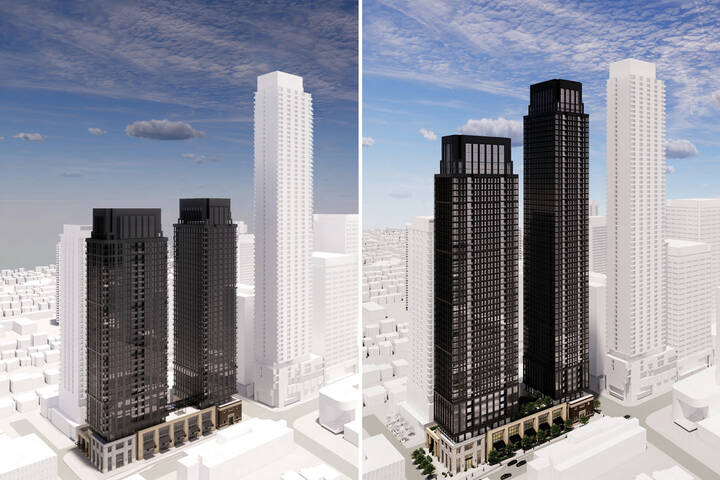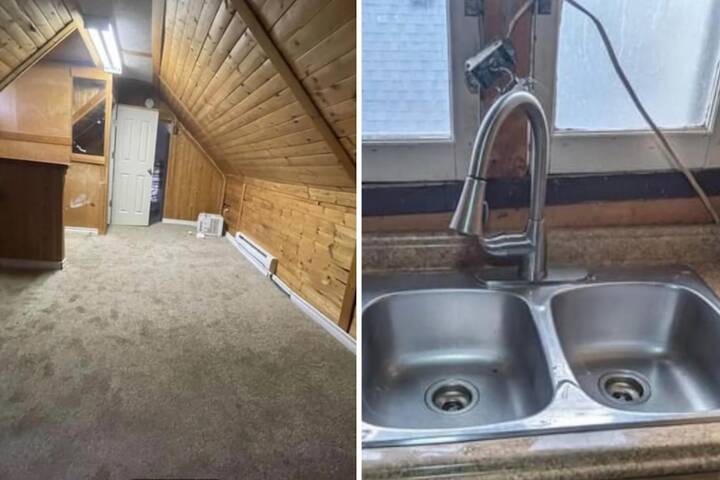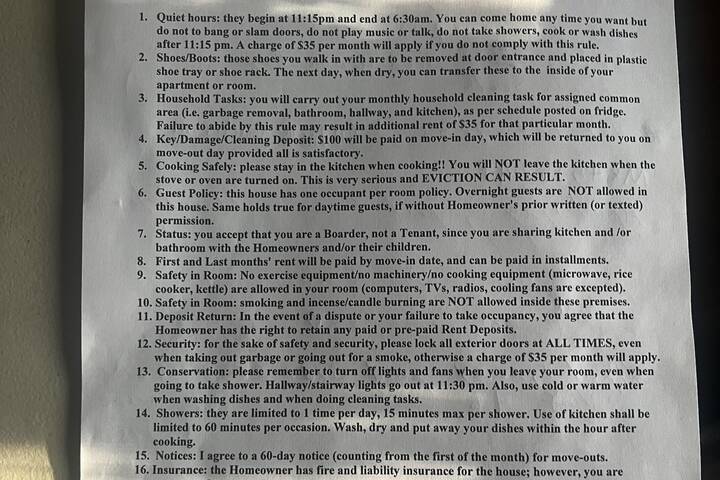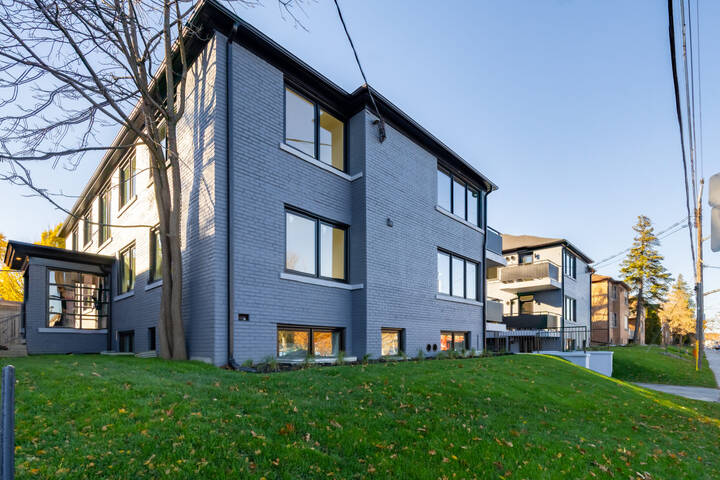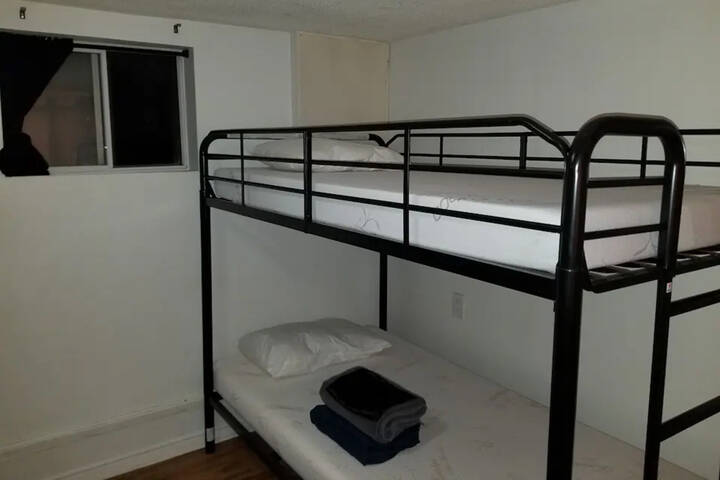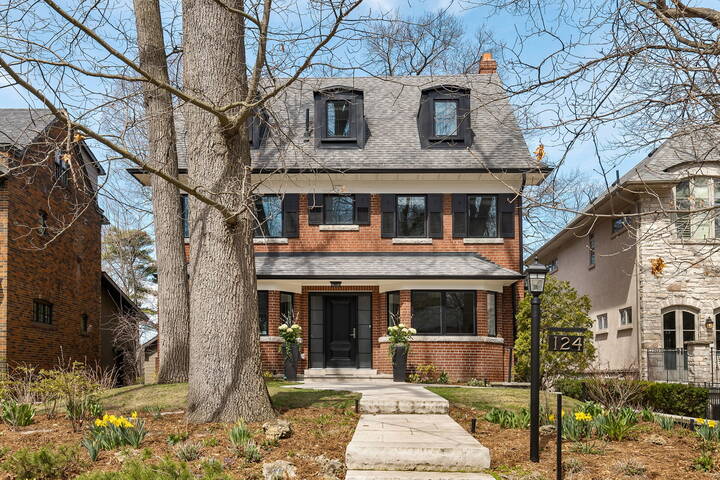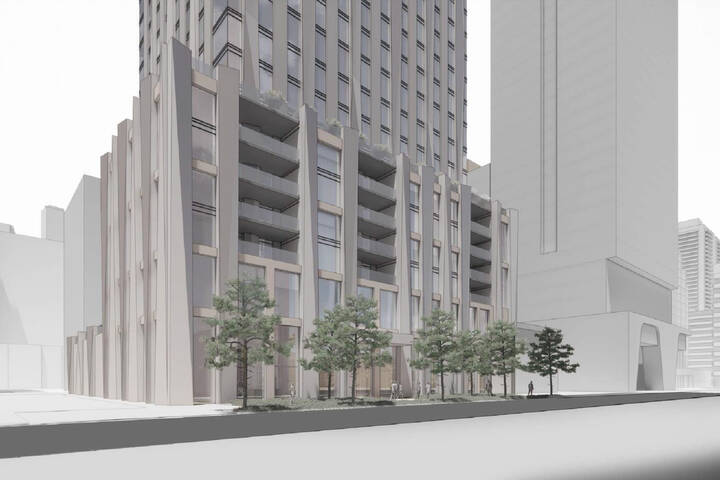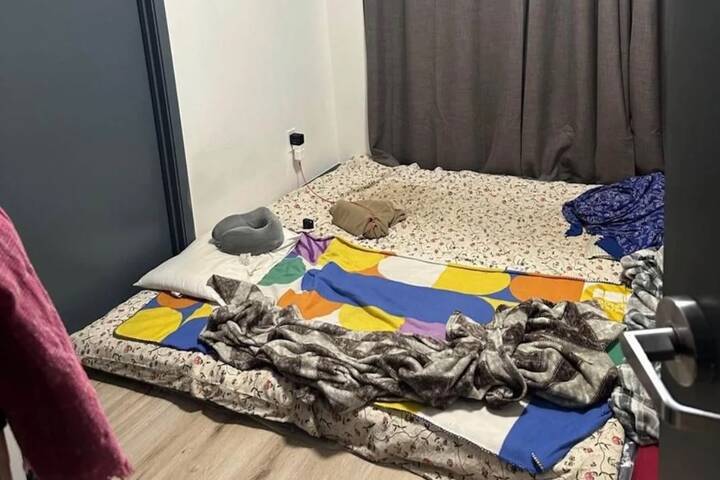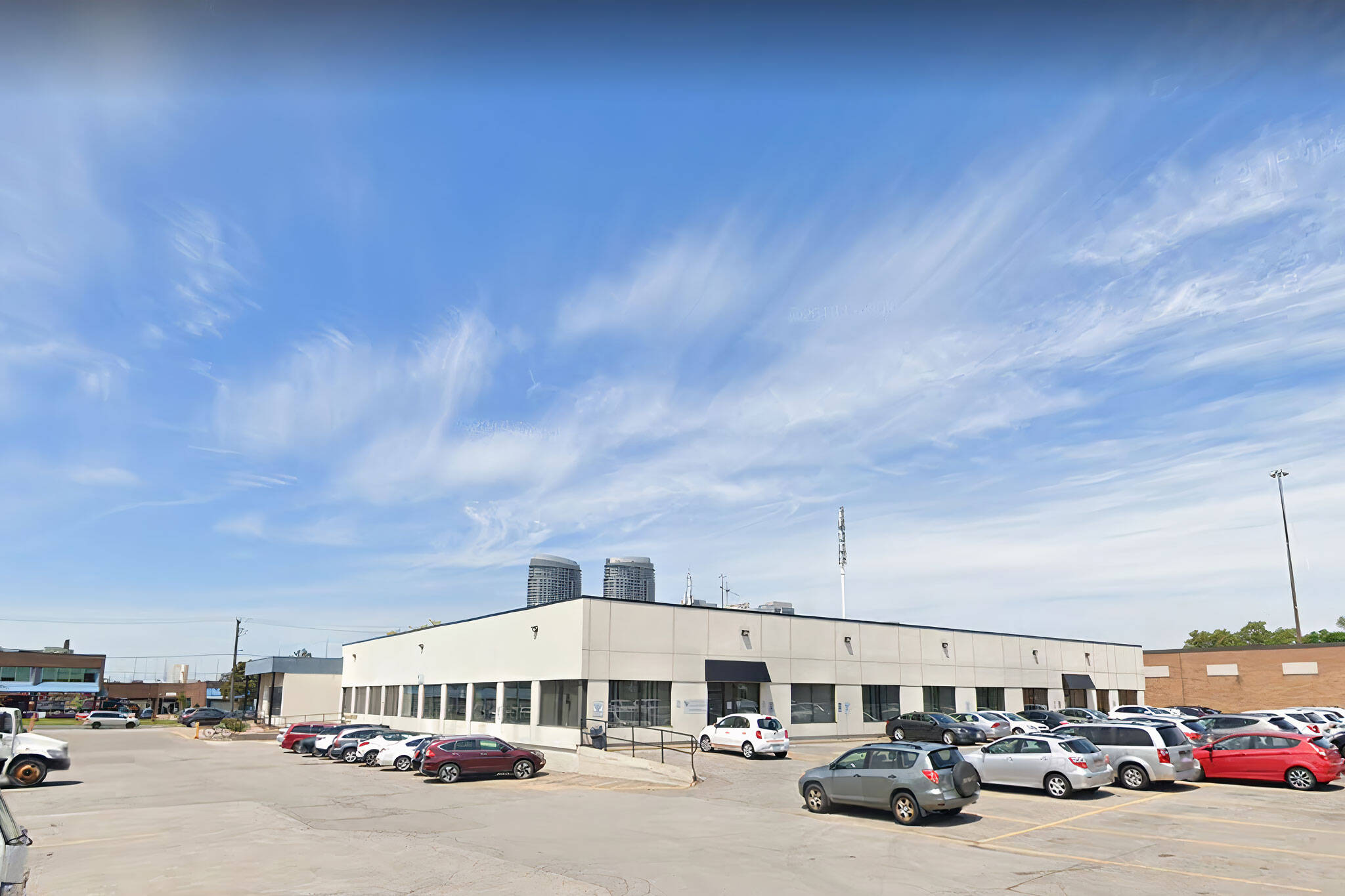
Ontario's Landlord and Tenant Board is in a total state of crisis
Once upon a time, so I've heard, one could file an application against a harassing landlord or freeloading tenant and get a hearing in about a month.
Now, you would be lucky to get before Ontario's Landlord and Tenant Board within the next year.
Or two.
That's in large part due to the massive backlog the board's been struggling to get through, resulting from C**ID-19 and the various lockdowns' catastrophic effect on Ontario housing.
As a Toronto-based lawyer practicing landlord-tenant law (among other things), I would know. I'm still helping clients with cases stemming from haphazard arrangements made in March 2020.
But two years after the dark early days of the pandemic, the rest of society is more or less back to normal, while the board is keeping hearings online (for apparent cost-cutting reasons), and is otherwise seemingly incapable of managing its own recovery.
The resulting chaos and constant delays are infuriating everyone who isn't breaking the law.
Law abiding tenants are at the mercy of landlords who disregard their right to peacefully enjoy their home, or won't make desperately-needed repairs. Decent 'mom and pop' landlords can't evict tenants who won't pay rent, or wreak havoc upon their neighbours.
Toronto landlord tries to rent out 3 individual beds in the same room for $420 each https://t.co/CAGSyUwu8v #Toronto #TorontoRealEstate #RealEstate
— blogTO (@blogTO) April 19, 2022
It also exacerbates difficulties for would-be renters, particularly those without excellent credit or glowing recommendation letters, as landlords will be more risk-averse if it takes years to evict a bad tenant.
To anyone who's seen the board's malfunction up close, it's obvious the province must provide emergency funding to help the board adjudicate its backlog and restore some semblance of order to the rental housing market.
And thankfully, in April, Ontario announced that over $19 million would be allocated over three years to deal with the board's current challenges.
Hopefully this funding - which some regard as insufficient given the breadth of board problems - will be used to hire the additional staff needed to handle the board's administration.
Including people to answer the board's public phone line, which is at this point effectively out of commission, with callers almost always just encountering a 'busy' signal, if not an excruciating wait-time.
Toronto tenants who never paid landlord left the home suddenly and it's a mess https://t.co/HEpfPSoikq #Toronto #TorontoRealEstate #RealEstate
— blogTO (@blogTO) March 9, 2022
But the board must also devise more efficient procedures, such as establishing whether a dispute requires time for lengthy arguments before all parties and counsel are asked to attend a hearing, only to be told the matter must be adjourned (delayed) to an unknown later date.
These hearings to adjourn hearings are an enormous, frustrating, and costly waste of time. After waiting months or years, parties take time off work to attend their hearing. Lawyers and paralegals get paid to prepare and show up. And everyone leaves angry and frustrated, waiting for the next hearing.
Lastly, with virus hospitalization numbers no longer a dire concern, the board should provide all parties with the option of either in-person or virtual hearings, not make virtual the default with in-person hearings by special application only.
While virtual hearings are helpful and convenient for those who would struggle to travel to hearing locations, for many, the technical ability required is asking too much. Especially for those forced to participate by phone since they lack compatible computer products or internet service.
Canadian banks asking staff to come to the office more may be a sign of what's to come https://t.co/Bu5Nl4bJZX #Canada
— blogTO (@blogTO) August 17, 2022
When one attends a virtual board hearing, one often starts off in a main area with everyone waiting for a private room where the actual hearing will take place. This experience can typically be described as featuring all the worst aspects of Zoom mashed together and multiplied by one hundred.
People who should speak are on mute. People who should be on mute are banging kitchen utensils or yelling into their iPhones on would-be private calls. Every five seconds the board administrators reiterate, with cracking patience, "Sir, can you please mute! Sir, we can hear you, please mute!"
Enduring this for several hours before learning one's hearing will simply be adjourned to a later date is, to put it mildly, extremely unpleasant. For board administrators, to endure this day after day must feel like psychological torture.
Accordingly, virtual hearing procedures must be improved. And both virtual and in person hearing options should be an accessible choice for all, based on their needs and abilities.
Figuring out what's not working, providing additional funding, hiring staff, and updating processes and procedures does not appear to be an insurmountable task. But it must be prioritized.
And with the worst of C**ID-19 hopefully behind us, to paraphrase the words of Premier Ford, now is the time to get it done.
Marc Z. Goldgrub is a lawyer at the boutique Toronto-based law firm Green Economy Law Professional Corporation. The firm provides general and specialized legal services for green businesses and nonprofits, health and psychedelic sector clients, as well as parties dealing with housing-related matters.
Latest Videos
Latest Videos
Join the conversation Load comments
